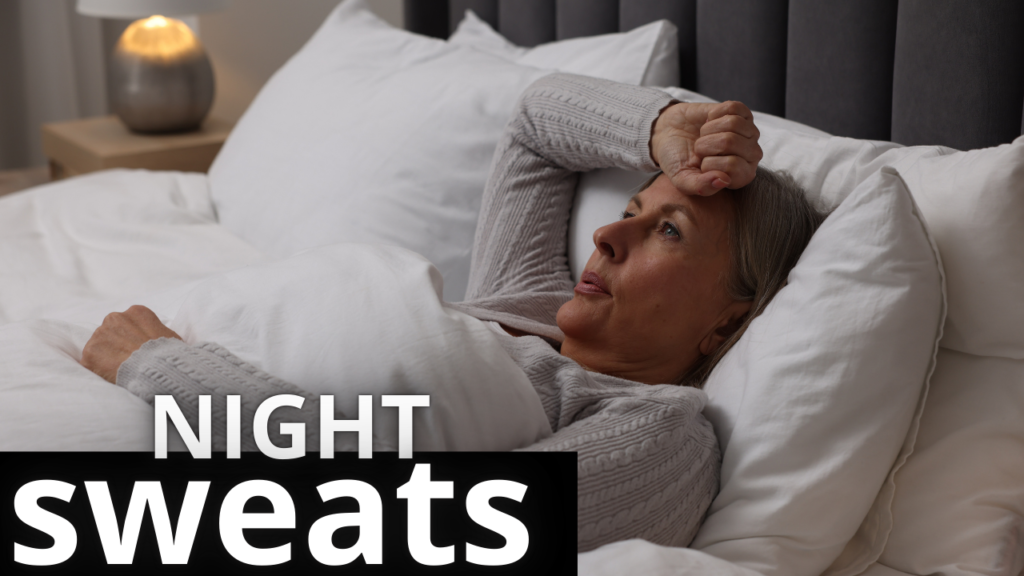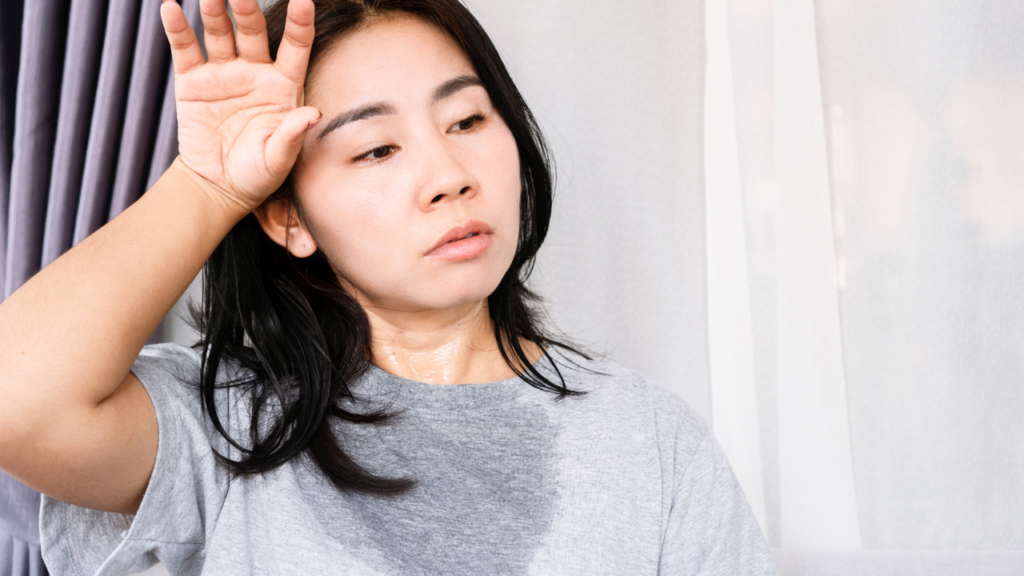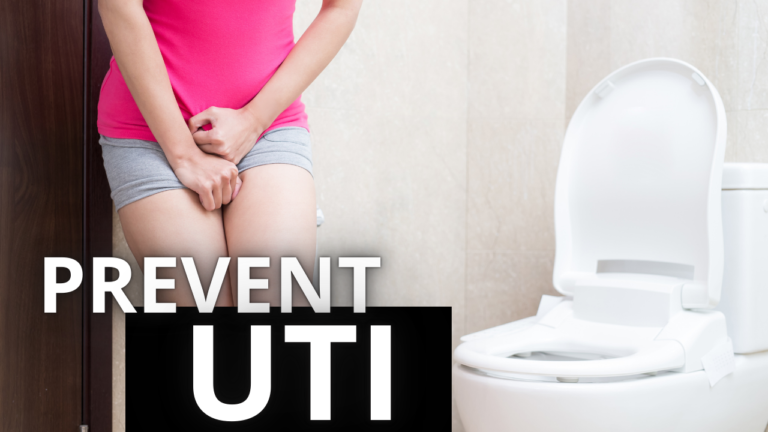
globandsport-how to stop night sweats
Have you ever woken up in the middle of the night, sheets soaked, feeling chilled and clammy despite the room temperature? This unsettling experience, known as night sweats, can be more than just a nuisance; it can disrupt sleep, cause anxiety, and signal underlying health issues. But don’t despair, there are ways to understand, manage, and often stop night sweats.
From Restless Nights to Restful Sleep
Imagine Sarah, a busy working mom who suddenly started experiencing night sweats. At first, she dismissed them as a fluke, perhaps due to a warm room or a heavy blanket. But as the episodes became more frequent, she grew increasingly concerned. The disrupted sleep left her exhausted during the day, impacting her work and her ability to care for her family. She felt anxious and unsure of what was happening to her body. Sarah’s story is not unique. Many people experience the frustration and worry that come with persistent night sweats.
What Exactly Are Night Sweats?
Night sweats are defined as severe hot flashes that occur at night and lead to drenching sweats. They’re not simply feeling warm under the covers; they’re characterized by soaking through pajamas and bedding, often accompanied by chills or a cold feeling afterward. It’s important to differentiate night sweats from simply feeling hot at night due to a warm room or too many blankets.
Why Do They Happen?
Pinpointing the exact cause of night sweats can be tricky, as several factors can contribute:
- Menopause: This is one of the most common causes, as hormonal changes during menopause can trigger hot flashes and night sweats.
- Infections: Certain bacterial and viral infections, such as tuberculosis, HIV, and endocarditis, can cause night sweats.
- Medications: Some medications, including antidepressants, blood pressure medications, and hormone therapy, list night sweats as a potential side effect.
- Anxiety and Stress: High levels of stress and anxiety can trigger physiological responses, including increased sweating.
- Cancer: Certain cancers, such as lymphoma and leukemia, can cause night sweats as a symptom.
- Hormonal Disorders: Conditions affecting the endocrine system, such as hyperthyroidism and pheochromocytoma, can also lead to night sweats.
- Sleep Apnea: This sleep disorder, characterized by interrupted breathing during sleep, can sometimes be associated with night sweats.
- Idiopathic Hyperhidrosis: This condition causes excessive sweating without a clear medical cause.

Strategies to Stop Night Sweats
The approach to stopping night sweats depends largely on the underlying cause. However, several lifestyle changes and remedies can provide relief:
- Cooling Your Environment:
- Lower the thermostat: Keep your bedroom cool, ideally between 60-67°F (15-19°C).
- Use breathable bedding: Opt for cotton or other natural fibers for sheets and pajamas.
- Use a fan: A fan can circulate air and create a cooling breeze.
- Lifestyle Adjustments:
- Manage stress: Practice relaxation techniques like deep breathing, meditation, or yoga.
- Avoid triggers: Identify and avoid potential triggers like spicy foods, alcohol, and caffeine, especially before bed.
- Regular exercise: Regular physical activity can help regulate body temperature and reduce stress, but avoid exercising too close to bedtime.
- Dietary Considerations:
- Stay hydrated: Drink plenty of water throughout the day.
- Maintain a healthy weight: Obesity can exacerbate night sweats.
- Medical Treatments:
- Hormone replacement therapy (HRT): For menopausal women, HRT can effectively reduce hot flashes and night sweats. Consult with your doctor to discuss the risks and benefits.
- Medications for specific conditions: If an underlying medical condition is causing the night sweats, treating that condition is essential.
- Antidepressants: Certain antidepressants can be helpful in reducing hot flashes, even in non-depressed individuals. Consult with your doctor.
- Natural Remedies:
- Herbal supplements: Some herbal remedies, such as black cohosh and evening primrose oil, are sometimes used to manage hot flashes, but scientific evidence is limited. Consult with your doctor before starting any herbal supplements, as they can interact with other medications.
A New Beginning
Sarah, after consulting with her doctor, discovered her night sweats were related to perimenopause. With the help of HRT and some lifestyle changes, she began to experience fewer and less severe episodes. She finally started getting restful sleep again, which significantly improved her overall quality of life.
When to Seek Medical Advice
While many cases of night sweats can be managed with lifestyle adjustments and remedies, it’s crucial to consult a doctor if:
- Night sweats are frequent, severe, or disrupt your sleep significantly.
- They are accompanied by other symptoms, such as fever, weight loss, swollen lymph nodes, or persistent cough.
- You have a history of cancer or other serious medical conditions.
- You suspect your medication might be the cause.
Reclaiming Your Nights
Night sweats can be a distressing experience, but understanding their potential causes and available management strategies empowers you to take control. By implementing lifestyle changes, exploring medical options, and seeking professional advice when necessary, you can significantly reduce or even eliminate night sweats and reclaim your restful nights.


